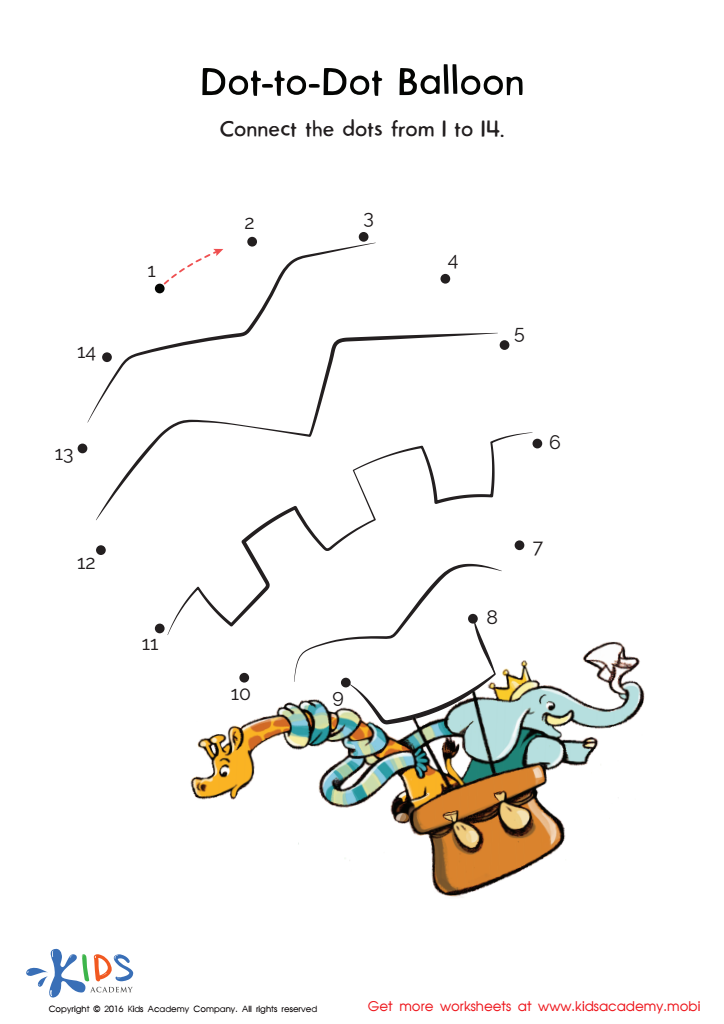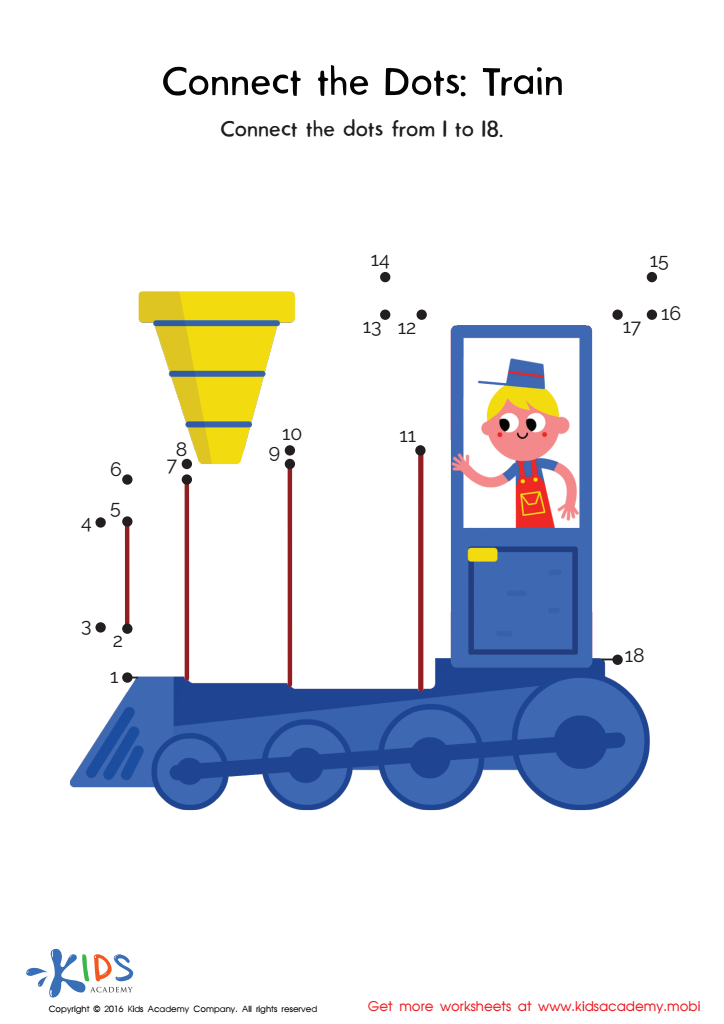Number Sequencing Extra Challenge Math Worksheets for Ages 4-9
10 filtered results
-
From - To
Unlock your child's potential with our "Number Sequencing Extra Challenge Math Worksheets" designed for ages 4-9! These worksheets provide engaging activities that promote critical thinking and enhance numerical skills. With a variety of fun and interactive exercises, children will learn to recognize patterns, complete sequences, and develop a strong foundation in math. Our resources cater to different learning levels and help boost confidence in young learners. Discover an exciting way for kids to practice and master essential math concepts, ensuring they enjoy learning while strengthening their number sequencing abilities. Perfect for teachers, parents, and homeschooling, our worksheets are a must-have educational tool!
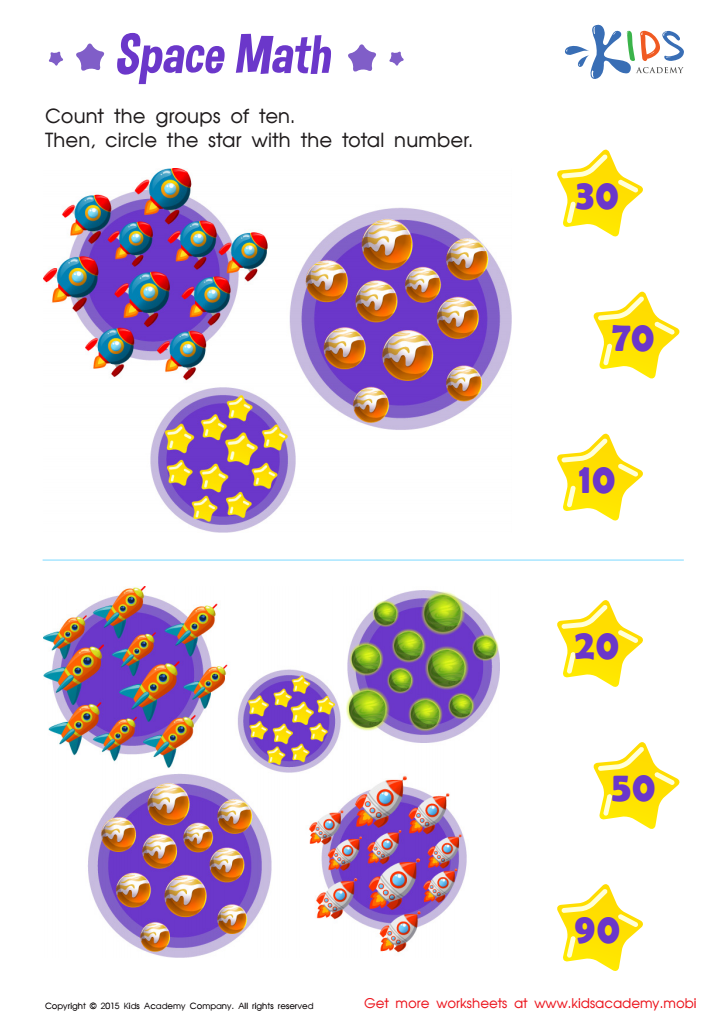

Learn dozens: Space math Worksheet
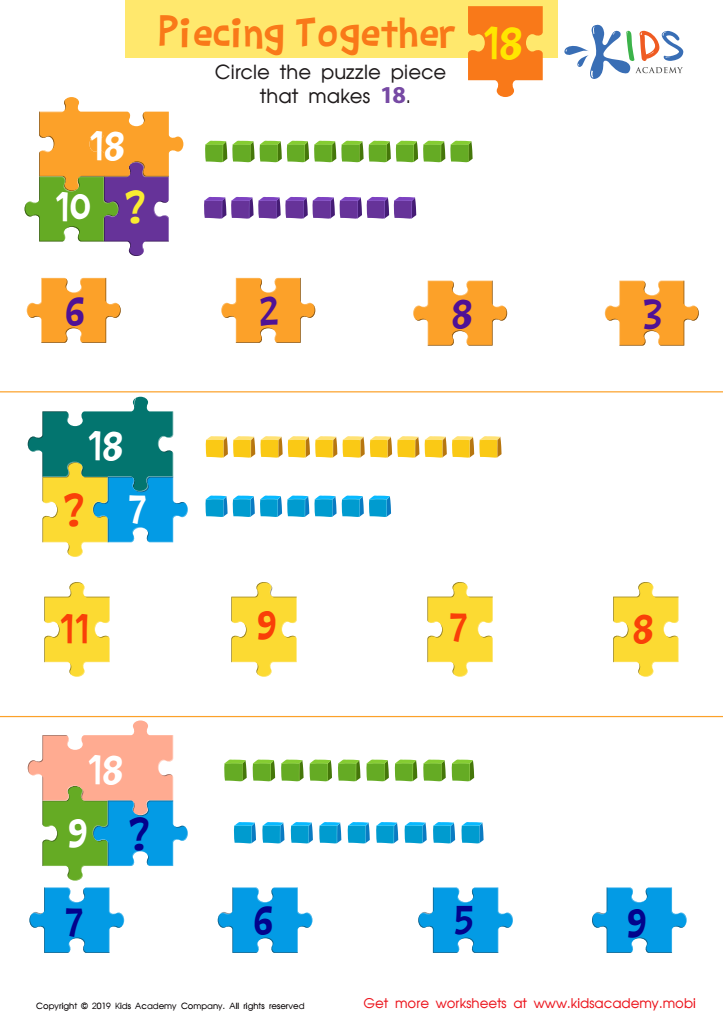

Piecing Together 18 Worksheet
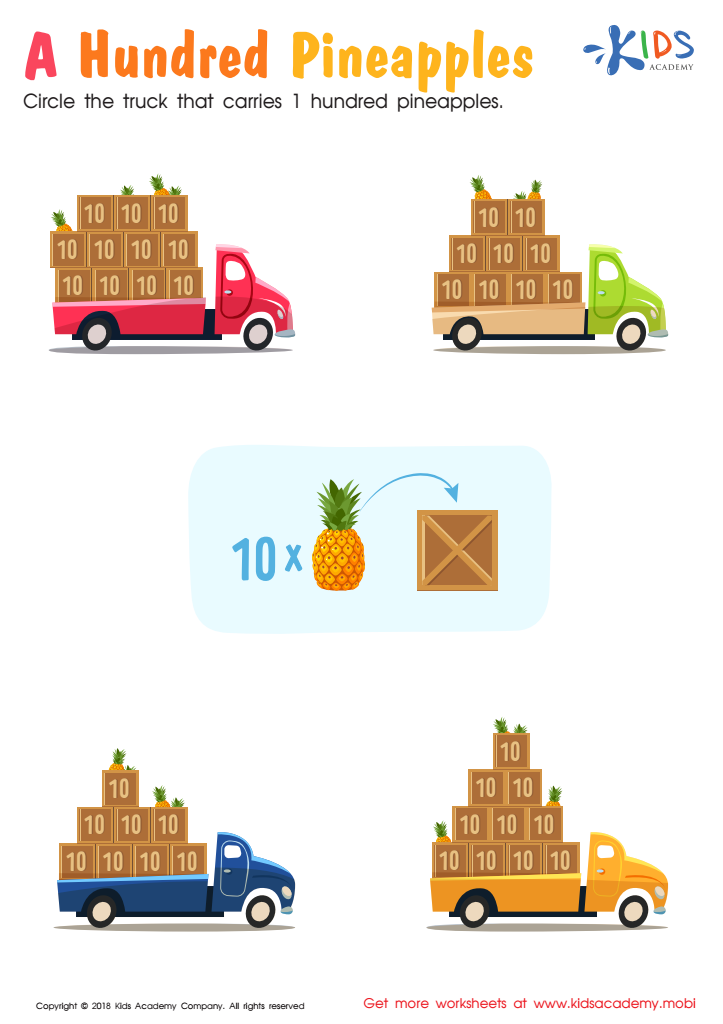

A Hundred Pineapples Worksheet
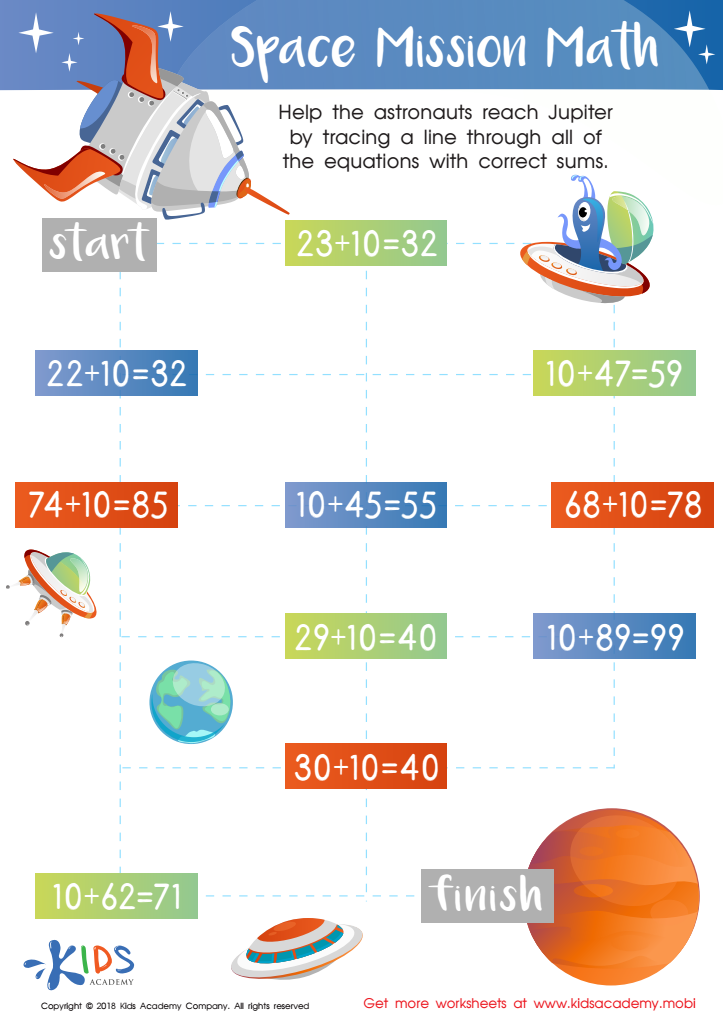

Space Mission Math Worksheet
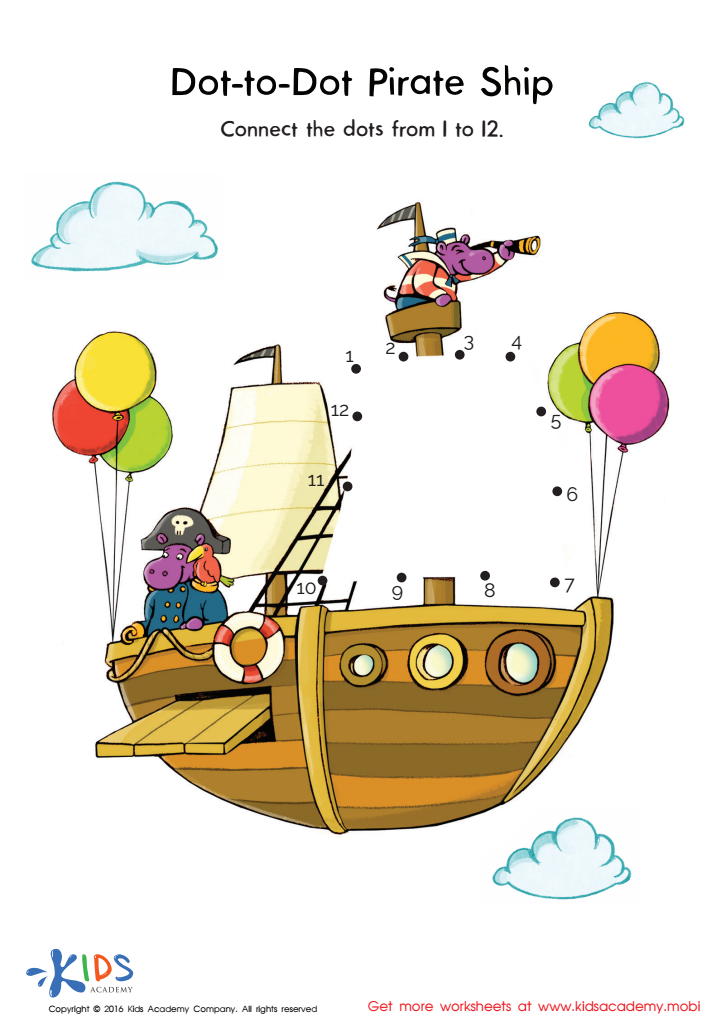

Pirate Ship Connect Dots Worksheet
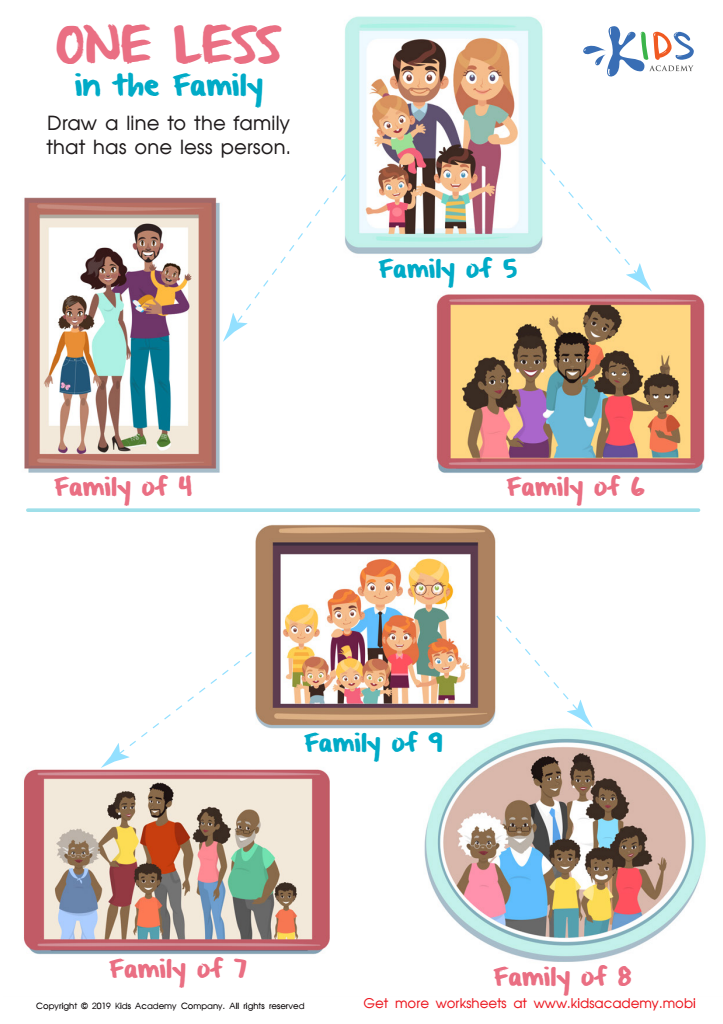

One Less in the Family Worksheet
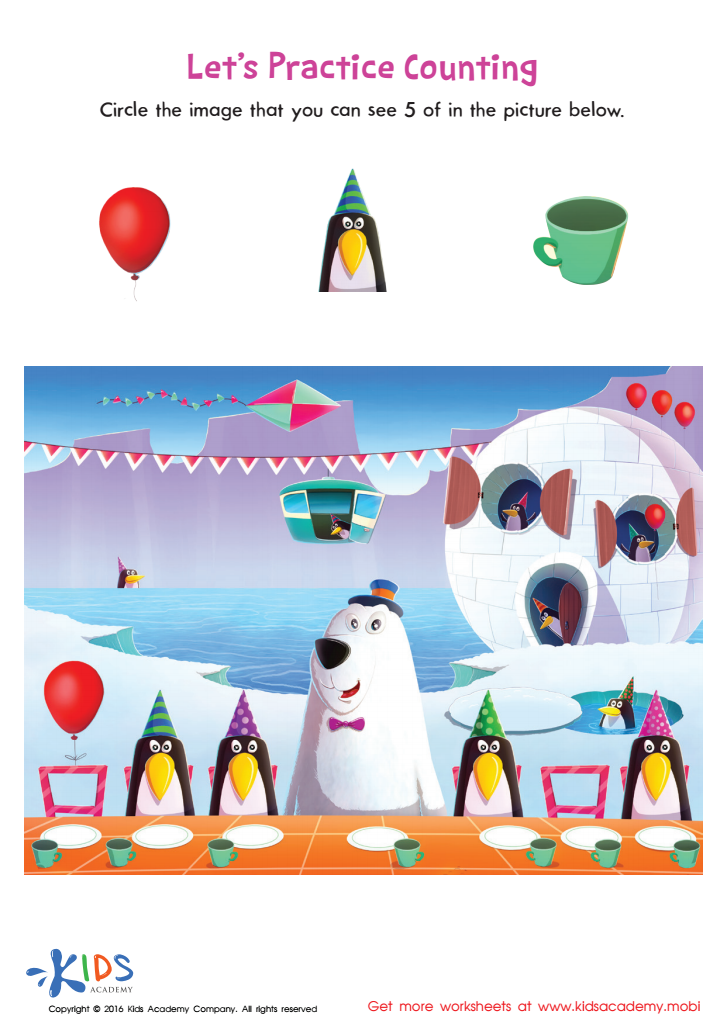

Counting Worksheet: Let's Practice Counting
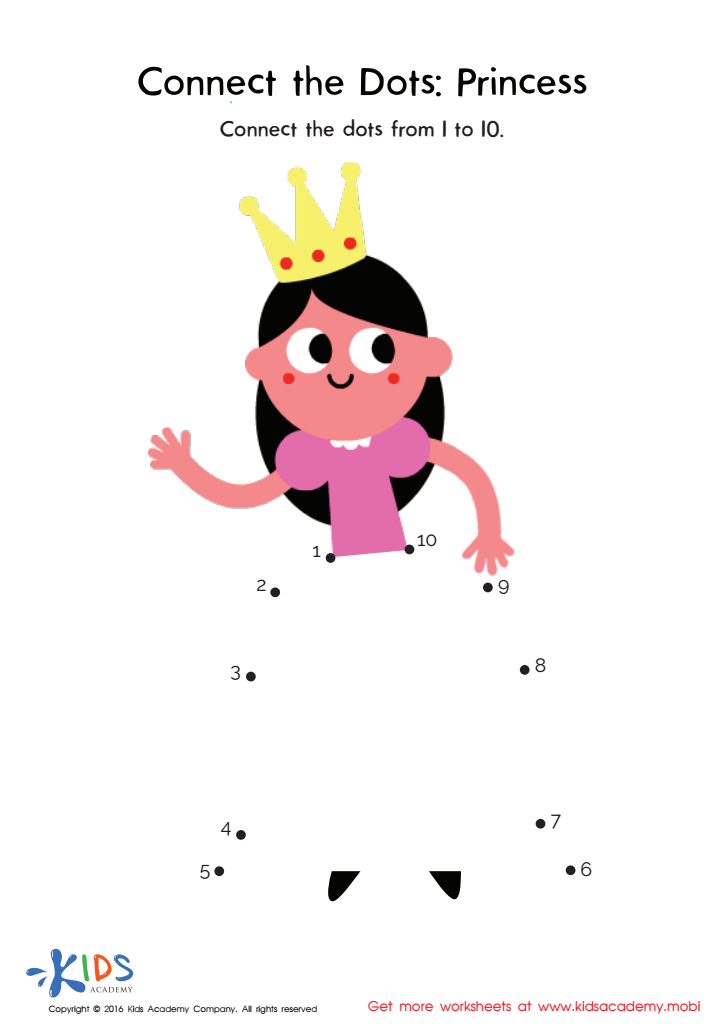

Princess Connect Dots Worksheet
Number Sequencing Extra Challenge Math is an invaluable tool for children aged 4-9, and both parents and teachers should care about its significance. Firstly, number sequencing develops foundational math skills by teaching children how to recognize numerical patterns, an essential skill for advanced mathematics later on. Mastery of these skills fosters confidence in students, enabling them to tackle other math concepts with ease.
Additionally, sequencing exercises enhance critical cognitive abilities, such as memory, attention, and problem-solving. By engaging with challenging math sequences, children practice focusing and improving their thought processes.
Furthermore, number sequencing encourages collaborative learning when done in group settings, promoting social skills alongside academic growth. Educational activities that involve sequencing can serve as engaging challenges that motivate learners, making math enjoyable rather than daunting.
The extra challenges are also particularly beneficial for gifted learners who may grasp basic concepts rapidly, as these activities keep them engaged and help prevent boredom. For parents and teachers alike, recognizing the benefits of number sequencing not only supports children’s cognitive development but also fosters a lifelong love for learning and mathematics. By prioritizing such educational tools, adults can pave the way for a solid mathematical foundation.
 Assign to My Students
Assign to My Students
